Kuli Kuli, the manufacturer and distributor of Moringa-based products, has raised $4.25m in Series A funding from eighteen94 Capital, in the first investment for the venture investment arm of Kellogg Company.
It is also one of the first investments by a Fortune 500 company into a Benefit Corporation, a company that places social and environmental impact on an equal level with profit.
Multi-stage food and ag investor S2G Ventures and InvestEco, the sustainability-focused food & ag investor joined eighteen94 in the round.
The Series A follows a $500k seed round last year and a couple of crowdfunding campaigns, including a $500k raise on AgFunder.
Moringa is the latest superfood to take the health food market by storm. It’s a complete protein with all nine essential amino acids including high levels of iron, calcium, vitamin A and other beneficial nutrients. Kuli Kuli is the leading moringa brand in the US selling a range of products including moringa tea, protein bars, energy shots, and powder to use in smoothies.
“By investing in Kuli Kuli and helping them grow, we’re backing a new superfood category, one in which we see the potential for ongoing high-growth,” said Simon Burton, managing director of eighteen94 capital and now a member of the Kuli Kuli board of directors. “We love the company’s strong management team, great products, and the authenticity of their social mission.”
Eighteen94 Capital launched in June 2016 to invest in companies pursuing next-generation innovation, and to increase Kellogg’s access to innovation and food trends. The investment mandate includes a focus on startups pioneering new ingredients, foods, packaging, and any enabling technologies around that.
Kuli Kuli also has a social mission, sourcing moringa from women cooperatives across West Africa, South America, and the Caribbean, ensuring they’re paid fair, sustainable wages. The founder, Lisa Curtis, came across the tree as a Peace Corps volunteer in a small village in Niger. Experiencing fatigue living on mostly rice and millet as a vegetarian, women at the local community health center recommended moringa which she mixed with a popular peanut snack called kuli-kuli. After feeling a lot better, she then started promoting Moringa to the local villagers and later started working with them to sell a portion of each harvest to the US.
Kuli Kuli’s work with smallholder farmers aligns with a recent Kellogg goal to improve the livelihoods of 15,000 smallholder farmers through on-the-ground projects by 2020. The food company recently announced that it had reached that goal four years ahead of target, but that it was continuing to work on supporting 500,000 smallholders through climate smart agriculture practices, training and partnership with suppliers.
Curtis is excited to work with Kellogg on improving its own, complicated supply chain to scale-up its supply. Kuli Kuli works directly with some farmers or women-led cooperatives, but also with on-the-ground non-profit organizations that help to coordinate the farmers to export the Moringa. This is particularly helpful when they do not speak English or have little understanding about exporting products, said Curtis.
“Moringa is not like a typical agricultural commodity; it’s never really been exported at scale before, so we believe Kellogg can add a lot of value for us in our commitment to working with smallholder farmers and scaling up our exports,” she told AgFunderNews.
The startup will use the proceeds to this round to hire new team members and grow from just five full-time staff. This will include someone with supply chain expertise to take on operations, as well as a national sales director, which Kuli Kuli is already advertising.
Sales and marketing efforts will absorb a large amount of the recent funding as Kuli Kuli looks to reach new stores and improve the appeal of its existing products on the shelves. “We have proven there’s demand for moringa, so we now want to scale that up and make our products fly off the shelves,” she said.
The startup will also use the proceeds to bring new products to the market.

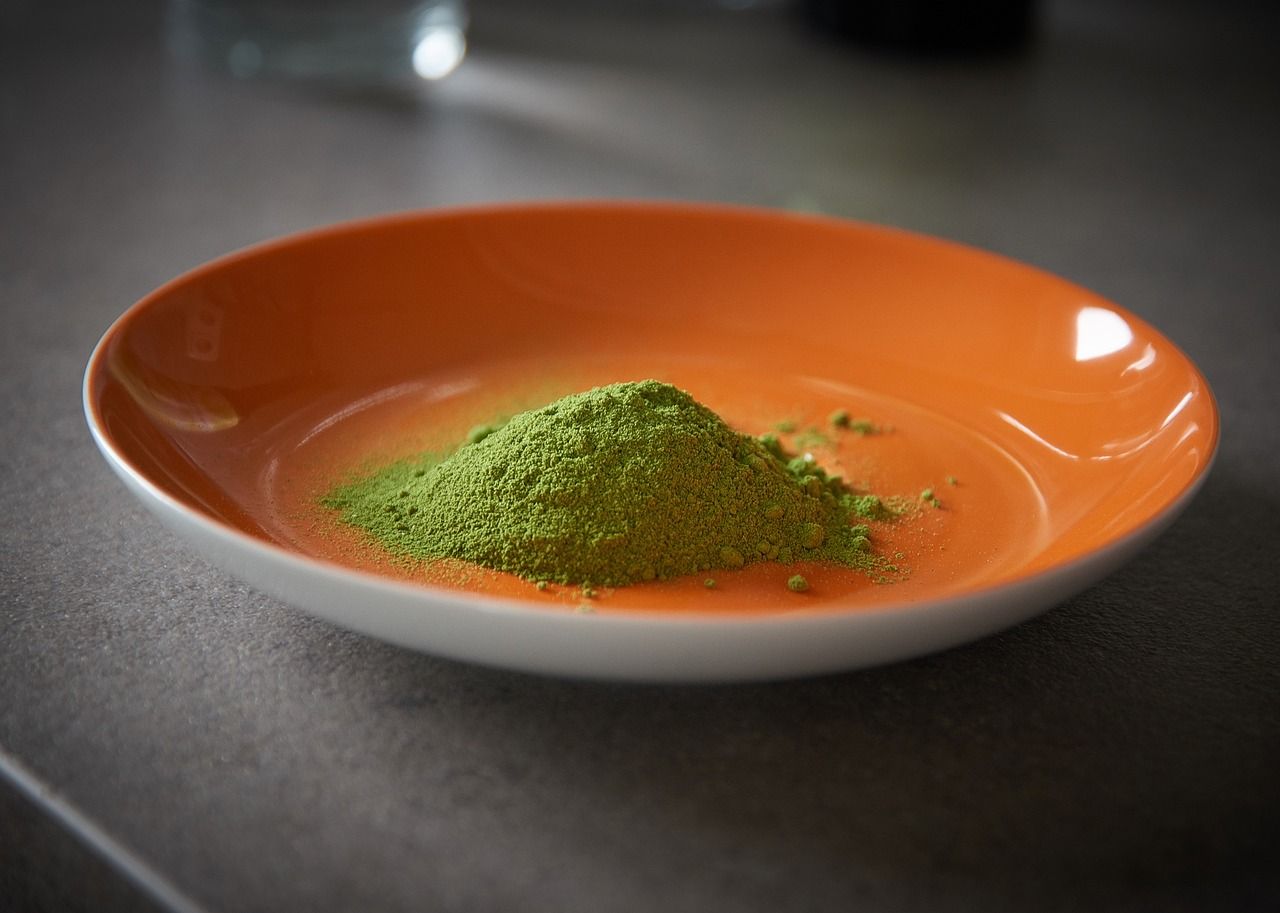
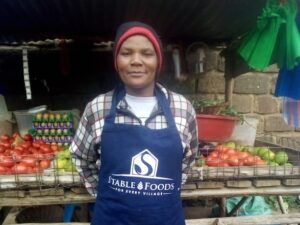
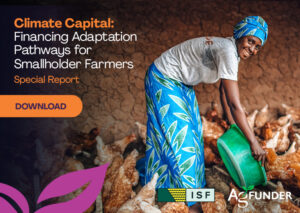
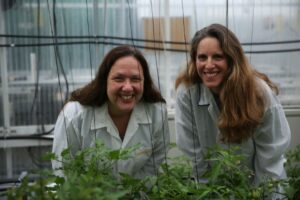


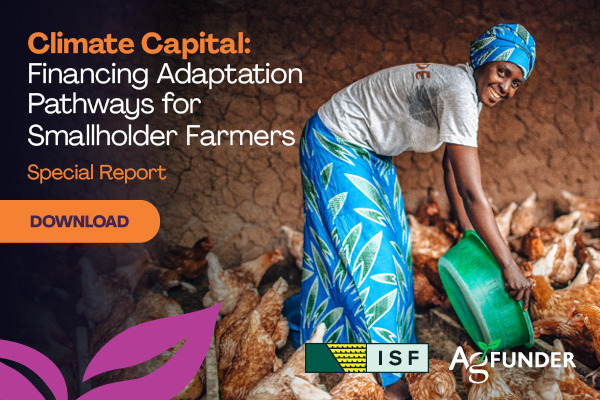



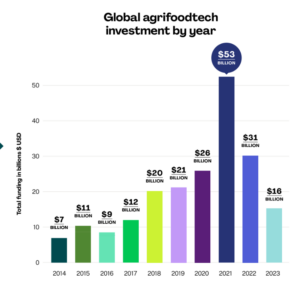
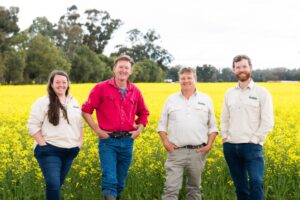



Sponsored
International Fresh Produce Association launches year 3 of its produce accelerator